Annual Conference 2024 Recap
Annual Conference Report
The Northern Illinois Conference of the United Methodist Church met for three days in Mid-June to review the ministry of local churches in the past year, actions of the April world-wide General Conference, as well as proposed legislation for the conference in the year ahead. It was apparent that the United Methodist Church has survived the pandemic, the period of disaffiliation of churches in the United States, and is refocusing on our vision of making and supporting vital Christians in vital congregations that engage with their communities and the world.
In Bishop Dan Schwerin’s message to the delegates, he acknowledged that the United Methodist Church is in a period of change and he urged churches to be open to new ideas, willing to experiment with new programs and be more deliberate in reaching out to its community. He concluded that the status quo of our churches is not sustainable.
Delegates heard about many of the actions taken at the United Methodist General (world) Conference in April. More communications about actions will be shared with churches in the months to come. We heard that General Conference delegates considered 1,000 pieces of legislation and set a budget that recognizes fewer people are attending church and many churches are struggling with their finances. The session was described as harmonious as delegates made changes to church discipline, adopted a plan to create four somewhat autonomous church regions in the world, and set a four-year budget that was 38 percent smaller than the previous one.
Another of the General Conference actions was that the Northern Illinois Conference will now share a bishop with the Wisconsin Conference. The number of bishops in the U.S. has been reduced over the past 20 years as church membership has declined. There was a recognition that many of the duties of a bishop will now be shared with district superintendents and electronic communication will become more important. The General Conference also approved a new retirement plan for clergy.
By contrast the Annual Conference of Northern Illinois only considered 25 pieces of legislation. Delegates approved a new benefits program for clergy and a minimum compensation plan that takes into consideration equity among locations as well as other factors. Also approved were a new housing contract between the clergy and the congregation, creation of a Board on Pensions, Health Care, and Equitable Compensation; changes to several conference agencies and closure of nine churches. Reports of the various committees, commissions, boards and organizations are available on the 2024 annual conference webpage: UMCNIC.org/AC2024docs.
The 2025 Northern Illinois Conference budget was approved with anticipated revenues of $4.68 million—a decrease of $173,524 from last year--and expenses of $4.63 million. In addition, support for the General Church and its ministries were anticipated at $1.39 million.
Churches were recognized for paying their apportionments in full and supporting projects in each of the 7 mission giving areas. Of the 36 churches who met the qualifications as Mission Link Churches, Hinckley First was third highest in mission giving as a percentage of our apportionment.
During our worship services, delegates welcomed 28 people as local pastors, deacons or elders in the church and thanked 16 people as they retired from active church service. It was reported that there are 330 churches in the Northern Illinois Conference today, all with different opportunities in ministry to their communities.
I left the conference wishing that others in our congregation might attend Annual Conference next year to gain ideas and celebrate the joy in serving our God. I left with the feeling that we at Hinckley First are blessed with many positive aspects to our ministry, worship and attendance. We are also challenged to not be complacent but to be continually looking to do more as God’s hands in our community, to reach out to those in need of caring and God’s love, and to be willing to try new ways of reaching those who don’t know Jesus.
Bob Pritchard, Lay Delegate
